Nickel carbonate is a chemical compound with the formula NiCO3. It exists as a pale green crystalline solid, often appearing as a hydrated form in nature, commonly associated with minerals such as zaratite and hellyerite. Nickel carbonate plays a significant role in various industrial processes and research fields due to its unique properties and applications. Physical and Chemical Properties Nickel carbonate is insoluble in water but reacts readily with acids, releasing carbon dioxide and forming nickel salts. Its decomposition upon heating produces nickel oxide (NiO), an important precursor in producing other nickel compounds. The compound is slightly toxic and should be handled with care, particularly in its powdered form, as inhalation or ingestion can lead to health concerns. Occurrence and Production In nature, nickel carbonate is found as mineral deposits in environments with nickel-rich ores. Industrially, it is synthesized by precipitating it from solutions of nickel salts using carbonate sources like sodium carbonate. This controlled process ensures purity and consistency, making the compound suitable for commercial and laboratory use. Applications Nickel carbonate is used in several applications across diverse industries. In ceramics, it serves as a pigment for producing green hues in glazes and glass. It is also a precursor in the production of catalysts, especially in processes involving hydrogenation and reforming. In electroplating, nickel carbonate is essential for maintaining pH levels in plating baths. Additionally, the compound finds utility in the preparation of nickel-based catalysts used in hydrogen production and refining petrochemicals . Environmental and Safety Considerations While nickel carbonate contributes to valuable industrial processes, its production and use must align with environmental regulations to mitigate risks of nickel contamination. Prolonged exposure to nickel compounds can cause allergic reactions or respiratory issues. Proper storage, handling, and disposal are essential to minimize environmental and health risks. In summary, nickel carbonate is a versatile compound with applications in ceramics, catalysis, and electroplating. Its role in industrial processes underscores its importance, but careful management is necessary to address its environmental and health impacts effectively.
Nickel Carbonate
| Cas No : | 958638-02-3 |
| Formula : | Ni3(CO3)(OH)4. xH2O |
| Hsn Code : | 72026000 |
| Form : | Power |
| Molecular Weight : | 304.12 g/mol |

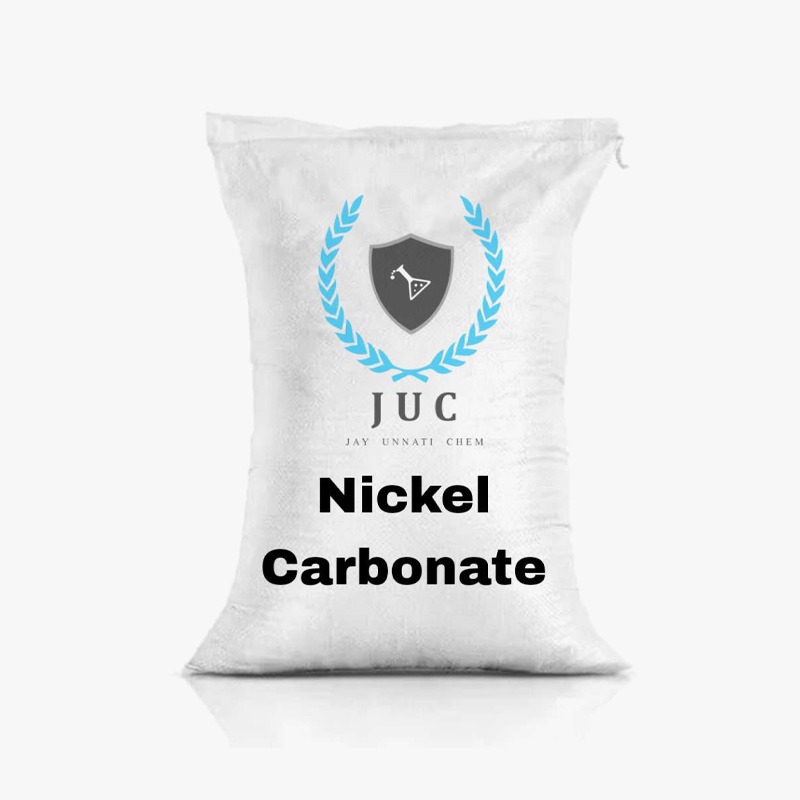
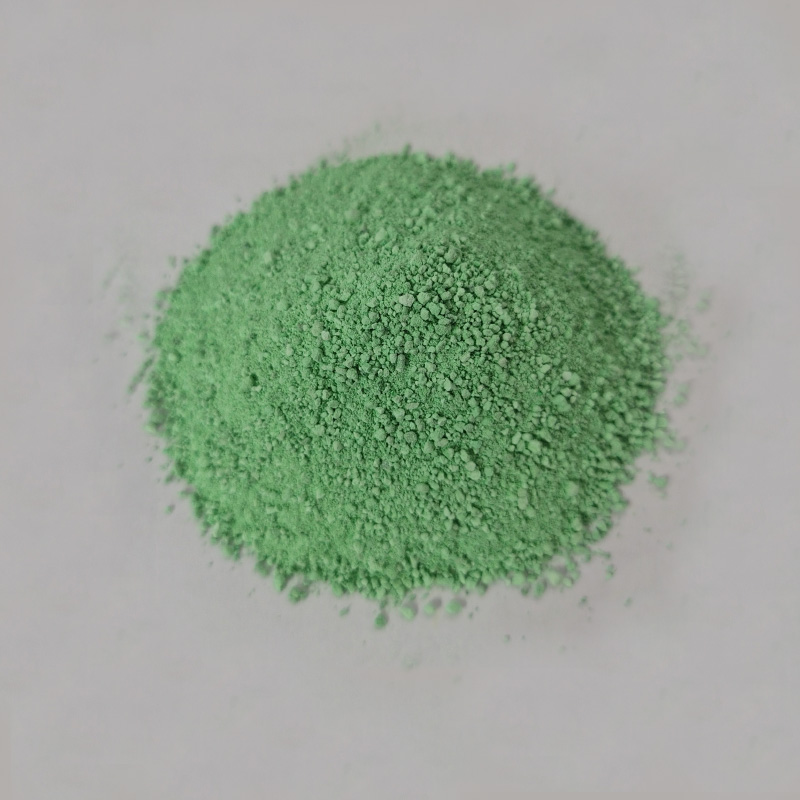
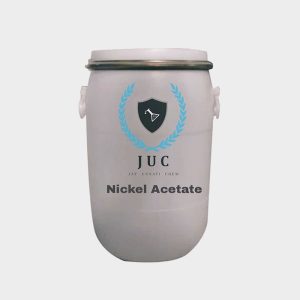
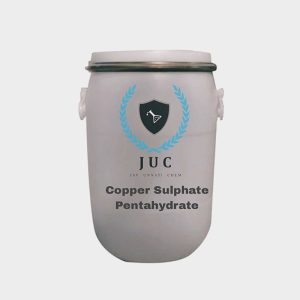
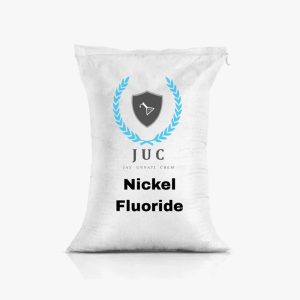
Reviews
There are no reviews yet.